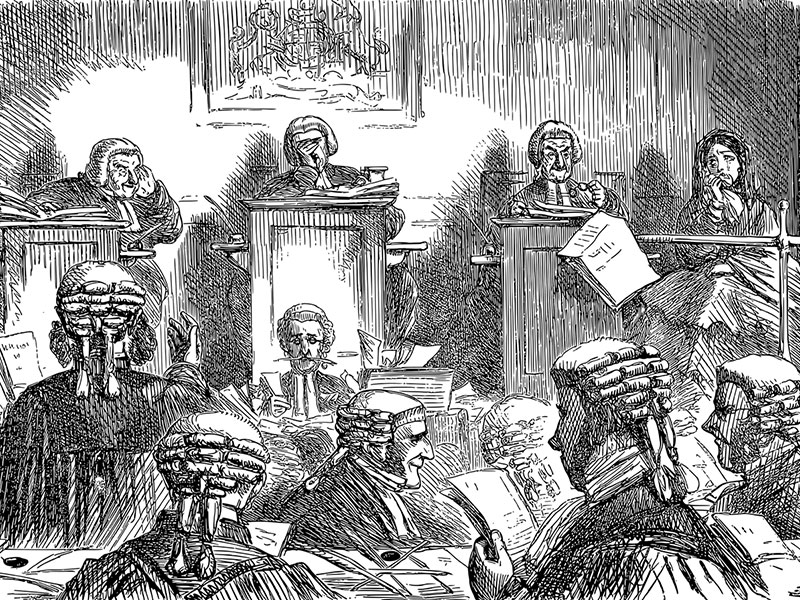The Lawyer’s Collective is deeply concerned about the recent allegations of abuse of judicial office against the President of the Court of Appeal by MP Roshan Ranasinghe.
They urge the superior courts to establish an internal regulatory system that addresses ethics and discipline and to formally promulgate a binding code of conduct for superior court judges. However, there are others who feel that judges should not be shielded from criticism in Parliament.
They also emphasize that appointments to the superior courts must be made on merit and integrity, rather than merely on seniority.
There are strong arguments to be made on both sides of the question of whether or not judges should be criticized in parliament.
Arguments in favour of criticizing judges in parliament
Accountability: Judges are powerful figures who make important decisions that affect the lives of individuals and society as a whole. It is important that they be held accountable for their actions, and parliament is one forum in which this can be done.
Transparency: The criticism of judges can help bring the judiciary into the public eye and increase transparency. This can help to ensure that the judiciary is acting fairly and impartially.
Deterrence: Public criticism of judges can deter them from making poor decisions. Knowing that they may be subject to public scrutiny can help keep judges on their toes.
Arguments against criticizing judges in parliament:
Transparency: The criticism of judges can help bring the judiciary into the public eye and increase transparency. This can help to ensure that the judiciary is acting fairly and impartially.
Deterrence: Public criticism of judges can deter them from making poor decisions. Knowing that they may be subject to public scrutiny can help keep judges on their toes.
Arguments against criticizing judges in parliament:
Judicial independence: The judiciary is one of the three branches of government, and it is important that it be independent of the other two branches. Criticizing judges in parliament can undermine their independence and make them more susceptible to political pressure.
Chilling effect: The fear of public criticism can have a chilling effect on judicial decision-making. Judges may be hesitant to make unpopular decisions if they know that they will be criticized for them.
Undermining public confidence in the judiciary: Public criticism of judges can undermine public confidence in the judiciary. This can make it more difficult for the judiciary to enforce its decisions and maintain the rule of law.
Chilling effect: The fear of public criticism can have a chilling effect on judicial decision-making. Judges may be hesitant to make unpopular decisions if they know that they will be criticized for them.
Undermining public confidence in the judiciary: Public criticism of judges can undermine public confidence in the judiciary. This can make it more difficult for the judiciary to enforce its decisions and maintain the rule of law.







